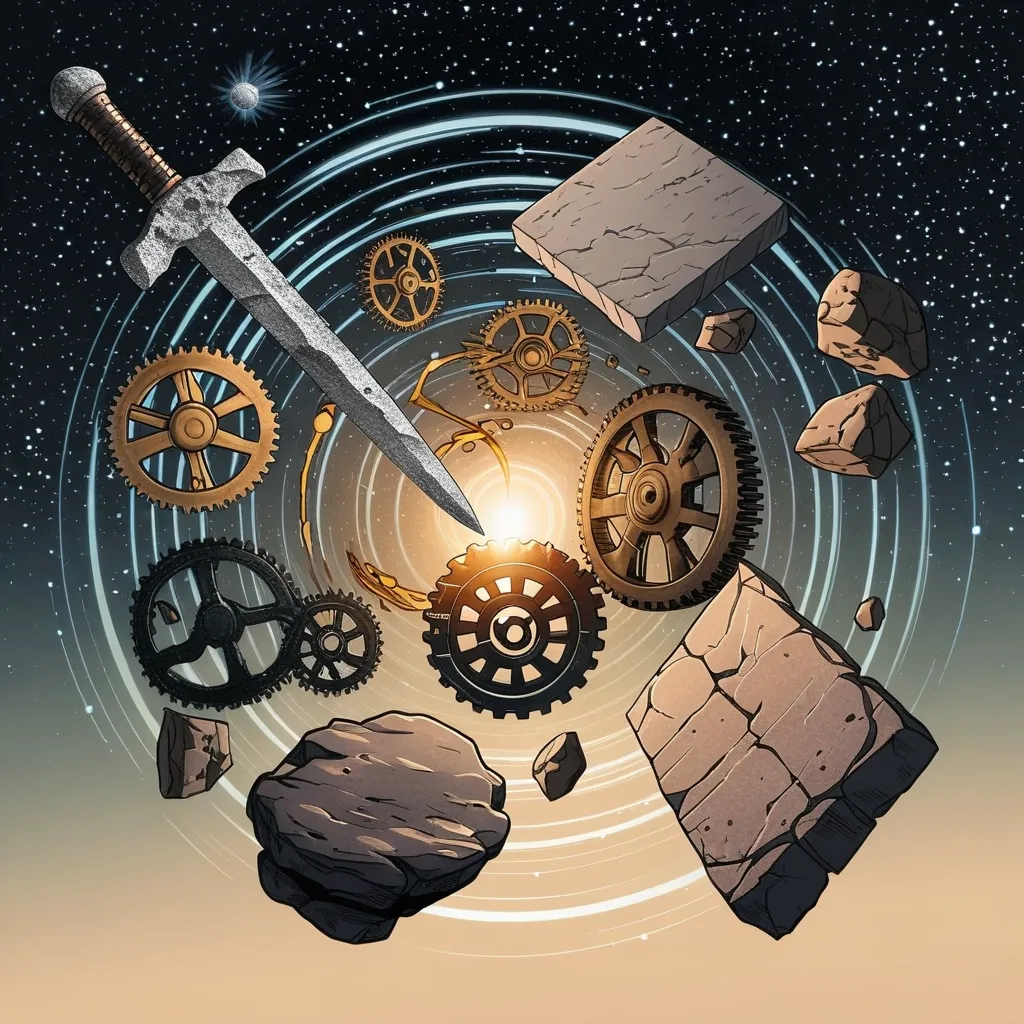Back in 1704, Isaac Newton made a prediction that the world might end around 2060. Fast forward to 1973, and MIT computers affirmed a similar fate, but around 2040, with the first signs showing up in 2020. Surprisingly, some of those early warnings have materialized, adding credibility to these predictions.
Throughout the centuries, various prophets have foreseen the apocalypse. Usually, these individuals were dismissed as fanatics. However, the 1970s brought a twist with computer scientists stepping into the prophecy game. Unlike ancient texts, their data models pointed to a societal collapse, not an end to the planet or life itself.
MIT’s 1970s prediction stemmed from system dynamics, a concept developed by Jay Wright Forrester. System dynamics is a method to understand complex systems and their interrelations, using mathematical models. For instance, calculating a deer population involves counting births, deaths, and adding complexities like hunting impacts and food source availability.
MIT’s project, named World3, simulated global sustainability using five crucial factors: population growth, agricultural output, resource depletion, industrial output, and pollution. Their sobering results suggested a grim future where society could collapse without significant changes.
This apocalyptic model was funded by the Club of Rome, a group established in 1968. Known for its conspiracies, the Club of Rome believes in a new world order as essential for humanity’s survival. The biggest threat? Overpopulation.
The MIT research indicated that once various global issues converge, the quality of life would nosedive, leading to societal collapse, projecting 2020 as the tipping point. While some criticized these results, supporters saw it as a call for urgent action.
There’s a lot of debate about whether we’re really at risk due to overpopulation and climate change. Distrust toward scientific studies isn’t new; history shows that corporations often skew results to serve their interests. Big Tobacco, the sugar industry, and even companies like Coca-Cola have funded biased research.
About 70% of scientific research is privately funded, often favoring the sponsor’s agenda. It’s crucial to scrutinize who funds these studies to understand the real message.
As we drown in a sea of scientific studies, it’s essential to question and critically evaluate the data presented. Next time you hear about a scientific finding, take a moment to consider the source and possible motives behind it.
Thanks for joining this discussion. Until next time, stay curious and critical!






